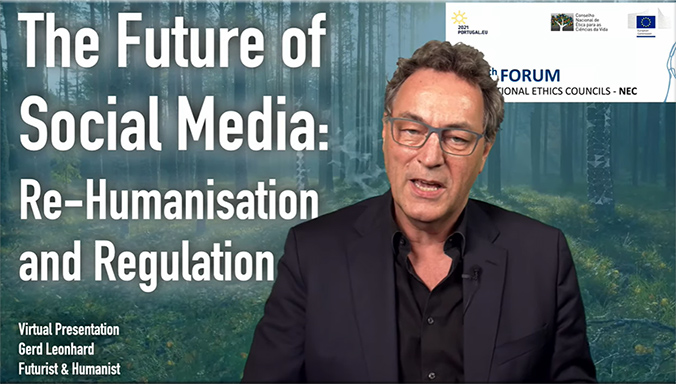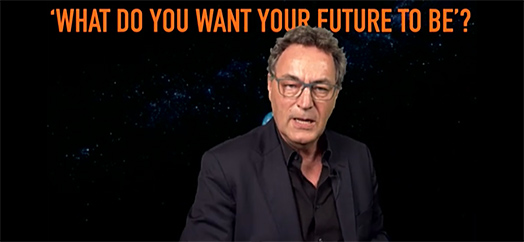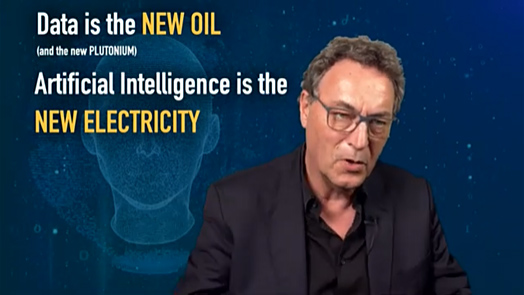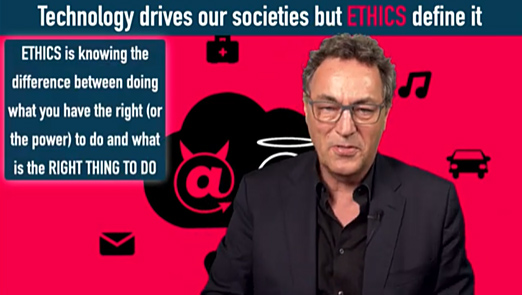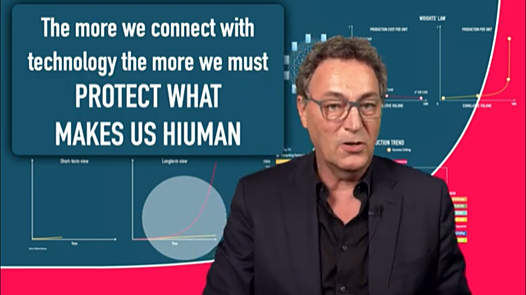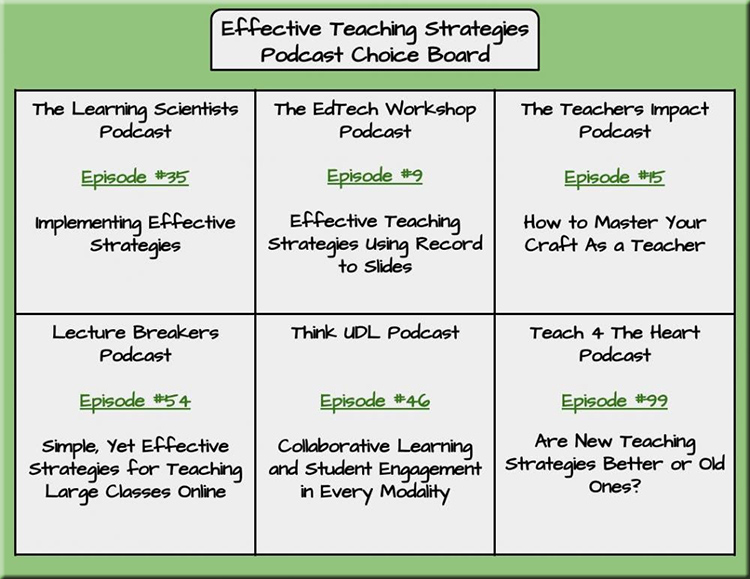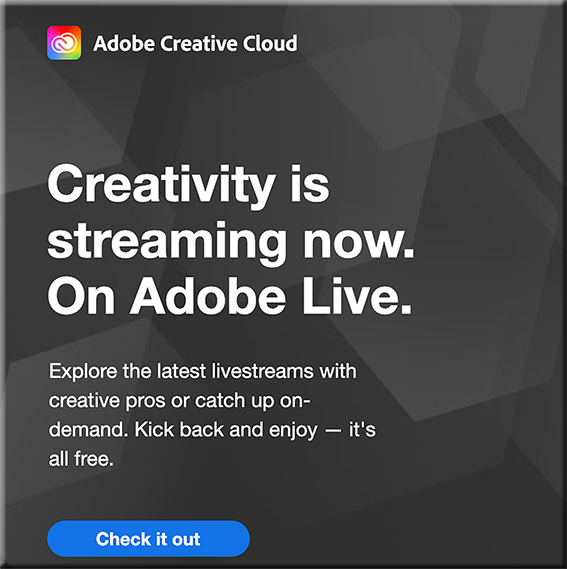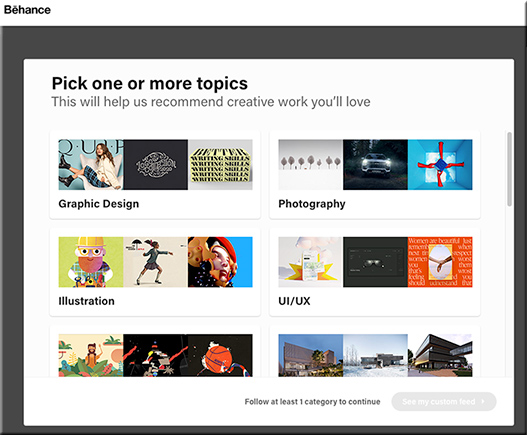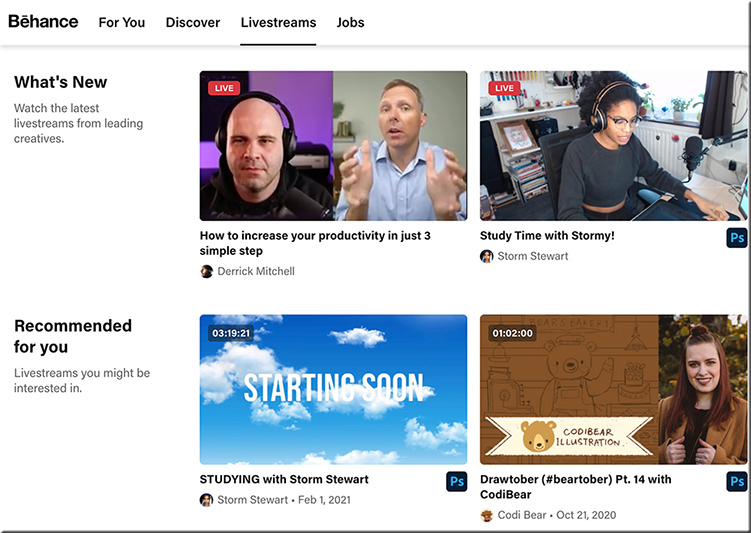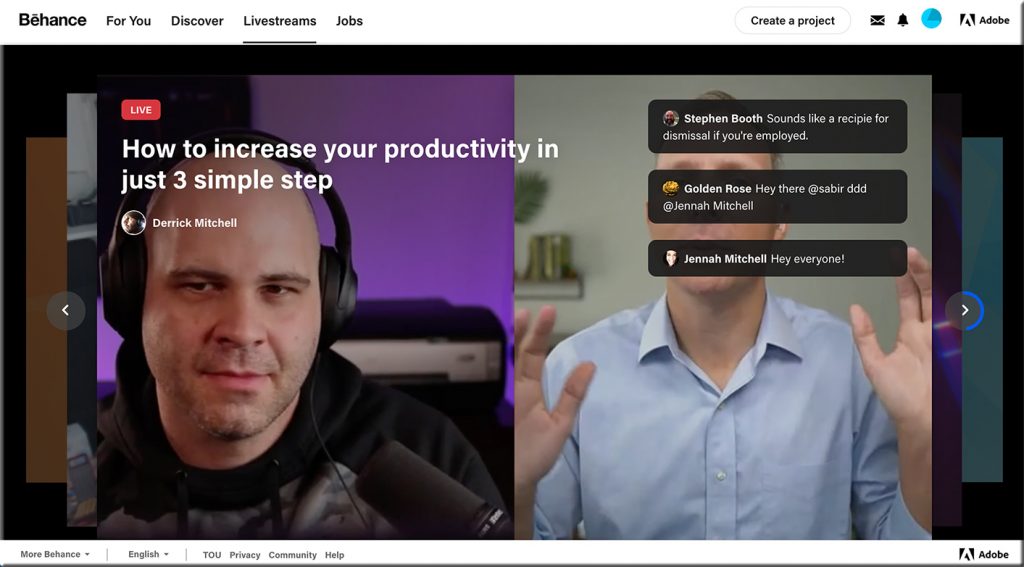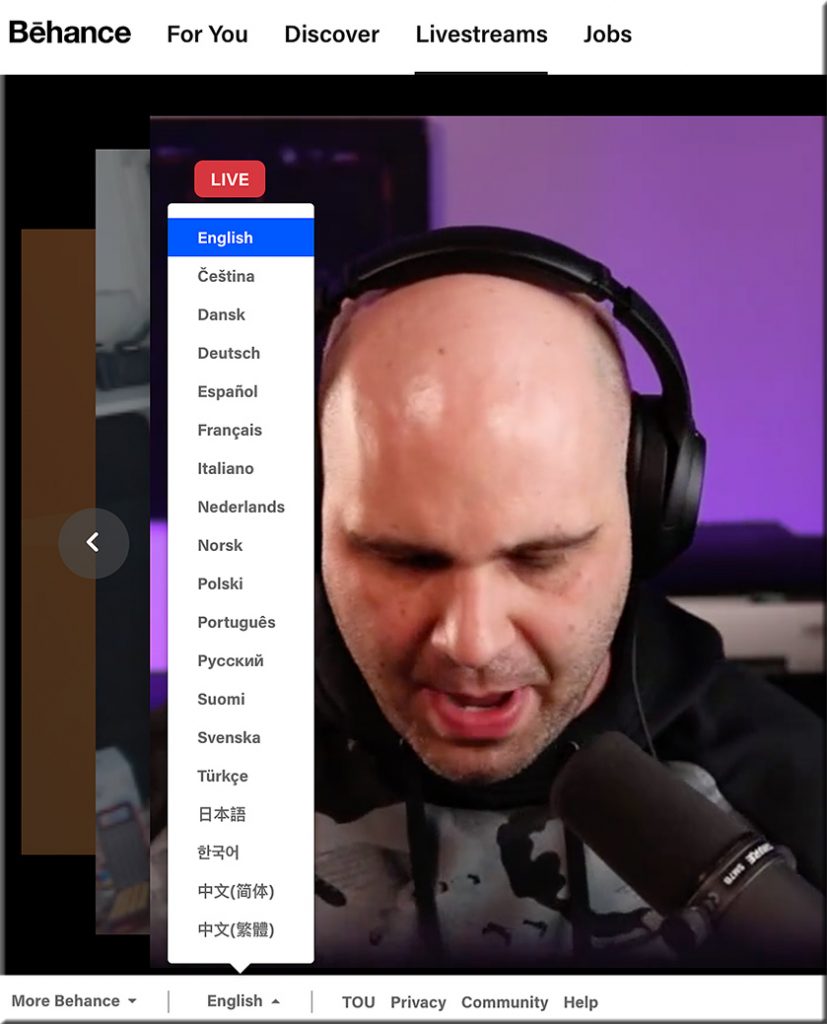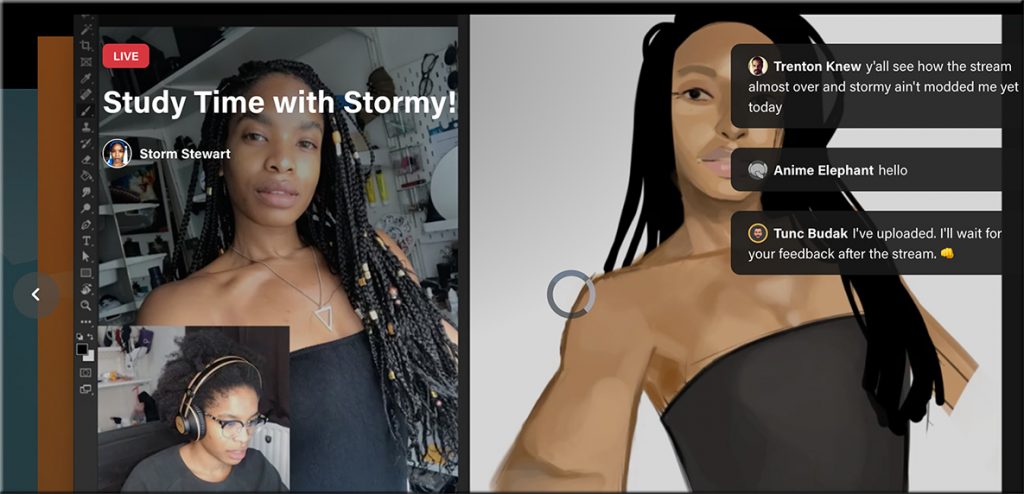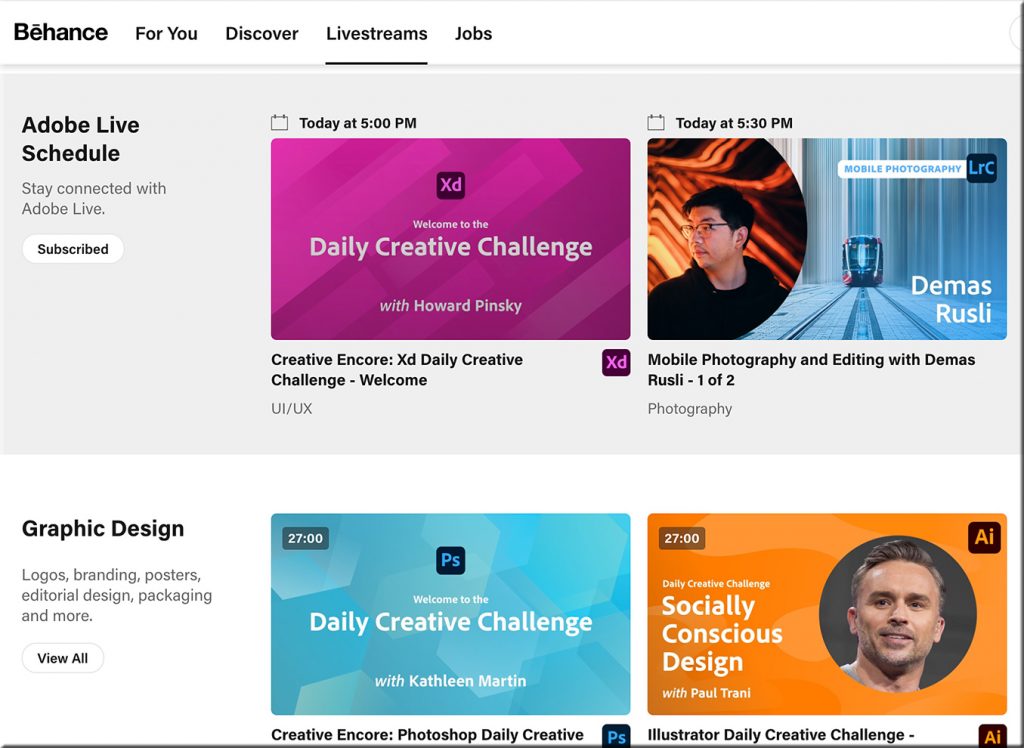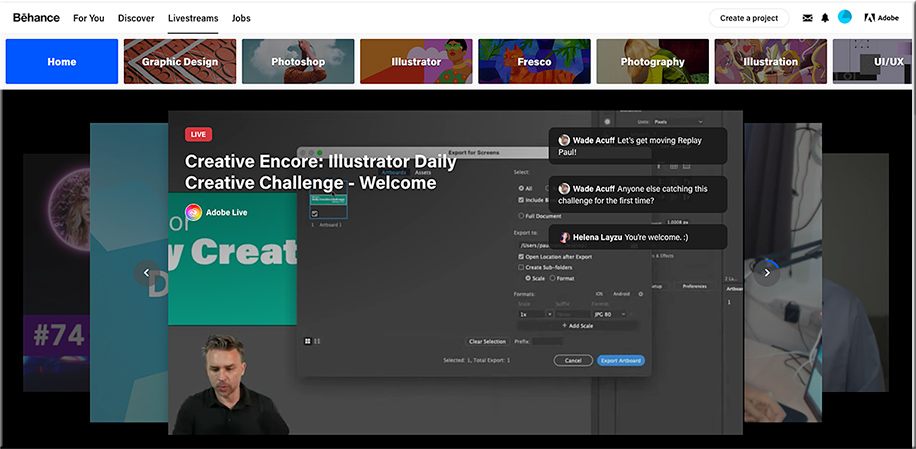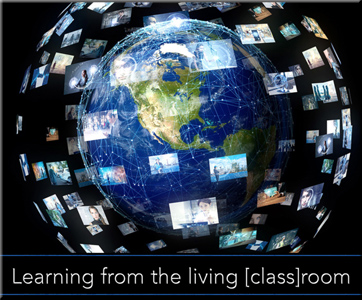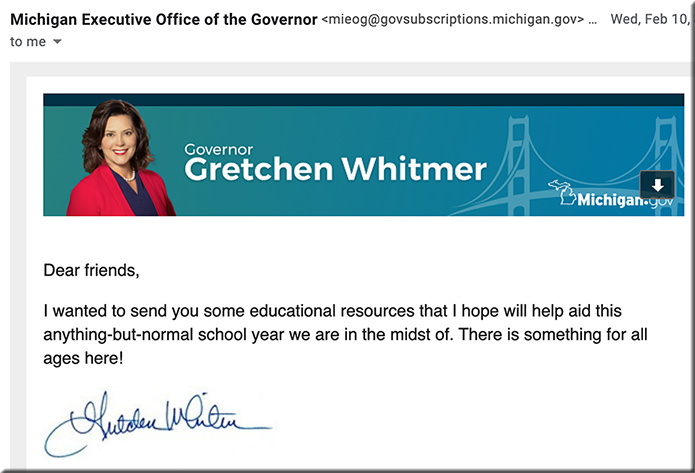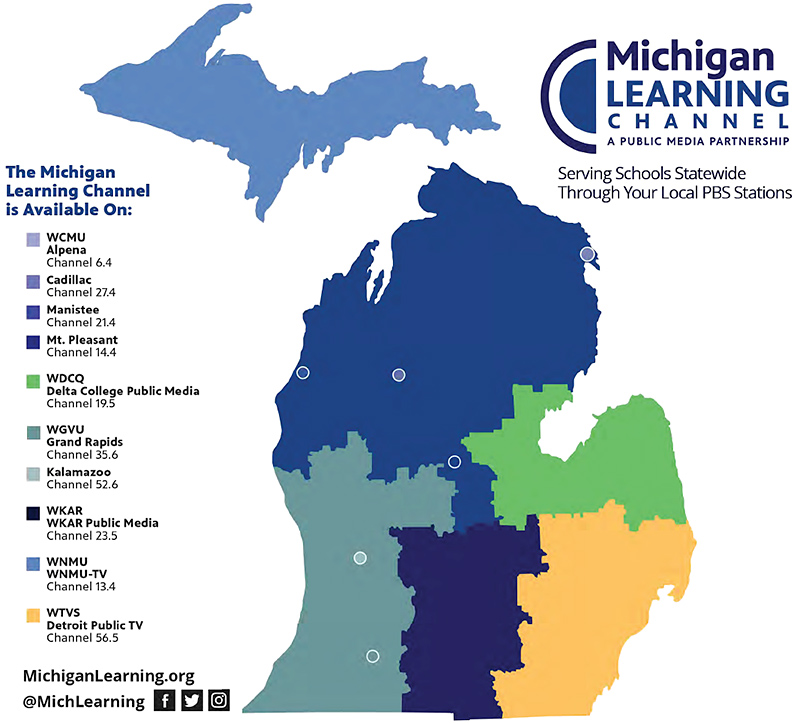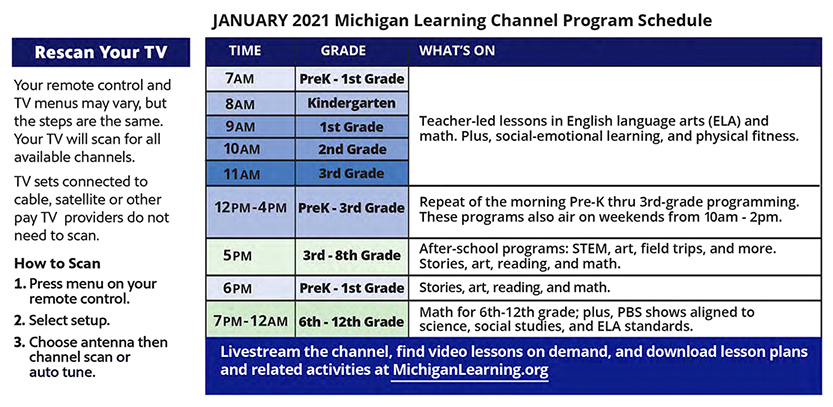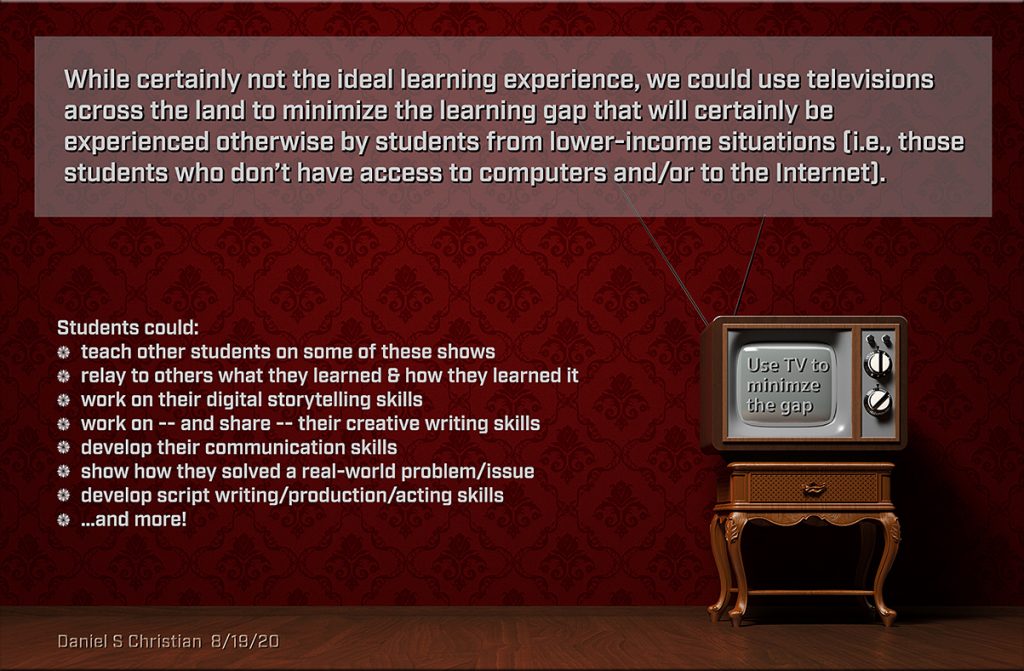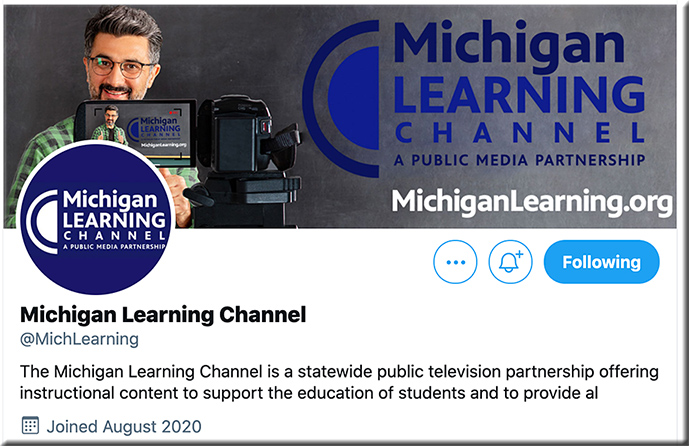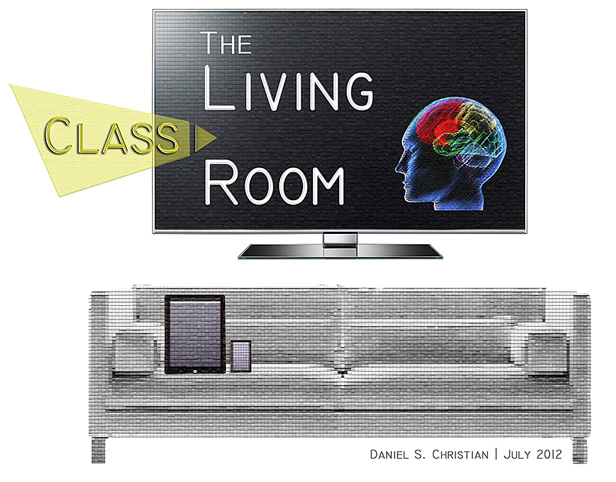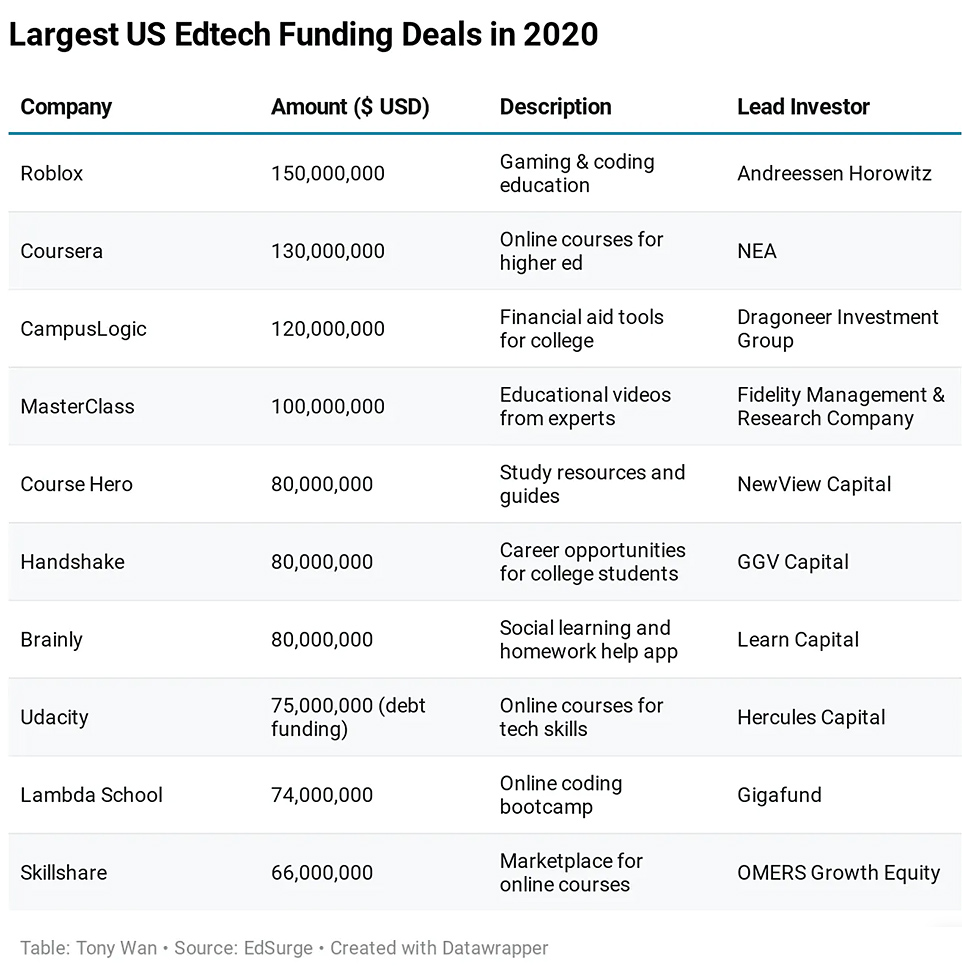From DSC:
This is what we’re up against –> Reskilling 1 billion people by 2030” — from saffroninteractive.com by Jessica Anderson
Excerpts:
According to the World Economic Forum, this statistic is a critical economic imperative.
Does this shock or scare you? Perhaps you’re completely unflappable? Whatever your reaction, this situation will undoubtedly impact your organisation and the way you tackle skills development.
…
What are the roadblocks?
So, we’ve laid down the gauntlet; an adaptable, agile, multi-skilled workforce. What stands in the way of achieving this? A recent survey of the top 5 challenges facing learning leaders sheds some light:
1. Building a learning culture
2. Learning in the flow of work
3. Digital transformation
4. Learner engagement and ownership
5. Keeping informed of best practices
From DSC:
The article mentions that nations could lose billions in potential GDP growth. And while that is likely very true, I think a far bigger concern is the very peace and fabric of our societies — the way of living that billions of people will either enjoy or have to endure. Civil unrest, increased inequality, warfare, mass incarcerations, etc. are huge concerns.
The need for a next-gen learning platform is now! The time for innovation and real change is now. It can’t come too soon. The private and public sectors need to collaborate to create “an Internet for learning” (in the sense that everyone can contribute items to the platform and that the platform is standards based). Governments, corporations, individuals, etc. need to come together. We’re all in the same boat here. It benefits everyone to come together.











